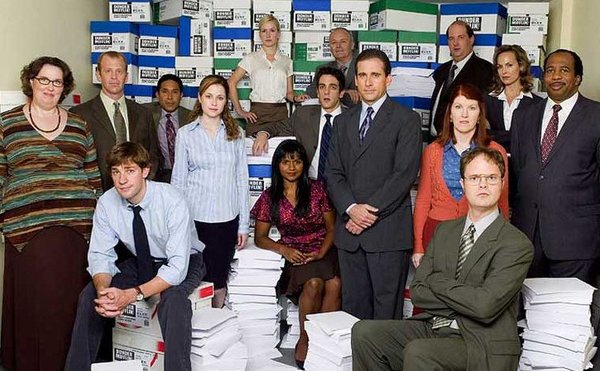Marvel recently released its best accomplishment of all time: "Black Panther."
I saw it twice in four days because it's that good.
If you haven't experienced the cinematic masterpiece that is "Black Panther," then you should go watch it. Like, right now. Then come back and read this because MAJOR SPOILERS ahead. I'm serious. I do not hold anything back. Don't read if you haven't watched it yet. You should get to experience the majesty that is this film by seeing it instead of reading me fangirl about it.
11. Wakanda: Where African tribal traditions meet technological advancements.
I sat there open-mouthed as I took in how Ryan Coogler and the team at "Black Panther" created Wakanda. Their clothing, rituals, and form of government are in line with tradition, but they have planes, trains, weapons, and medical advancements that are beyond anything else in the MCU world. The scenes where the characters walk the streets of Wakanda perfectly captures this seemingly paradoxical combination and it's incredible.
10. The theme music.
The entire soundtrack, scored by Kendrick Lamar, is fantastic, let's just make that clear. But what I found contributed to making this film art and not just another Marvel movie was the fact that T'Challa and Erik had perfectly distinct theme music. T'Challa's sounded very African and tribal, and Erik's was hip-hop and rap, matching where each of them were raised.
9. Martin Freeman/Everett Ross.
As a longtime "Sherlock" fan and "The Hobbit" enthusiast, I was excited to see Martin Freeman join the MCU. Of course, he kills it in this movie with his subtle sense of humor (Exhibit A: "Please don't make me listen to your music," and B: any facial expression he made at any point in time). I watched "Captain America: Civil War" in between the two "Black Panther" viewings, and I'm 98% sure his American accent improved considerably between the two films.
The character Freeman plays, Agent Everett Ross of the CIA, is also a treasure with his definitive man-crush/respect/admiration for T'Challa. He takes a bullet for Nakia, fights with the royal family to the point of endangering his life, and learns from Shuri. He lacks a fragile male ego as he consistently turns to Shuri for guidance. She teaches him about her technological accomplishments, and he repeatedly asks her what to do, recognizing her expertise in those situations and not trying to handle it himself because she was a woman or African and must not know what she was talking about it.
8. A beautiful romance.
T'Challa and Nakia's relationship is one of the healthiest, most beautiful romances in the MCU to date. I guess that's just my opinion but it's also a stone-cold fact.
She puts him in his place and isn't afraid to share the truth, like when she informs him of what Wakanda could be doing and when she straightens him out and encourages him after he finds out about his father and uncle. In being with him, Nakia is not kept from doing what she feels called to do. Their relationship is one in which they are both equals.
Also, she stayed and fought for him because she loved him and he gave such an awkward yet adorable "Hi" when he first saw her in the film so how can you not love them?
7. Family relationships are center-stage.
The film also focuses on the respect T’Challa has for his mother, Ramonda, and how much she, in turn, cares for him. It shows the playful nature of his relationship with Shuri, one that is rooted in mutual admiration, respect, and fierce loyalty. Both are willing to sacrifice their lives for their sibling.
But the predominant relationship in the film is that of father and son. The one between T’Challa and T’Chaka and Erik and N’Jobu is the source of motivation for both characters. For Erik, his father's murder embittered him and drove him to become Killmonger, living for the day he would get the chance to kill his cousin. For T'Challa, finding out the truth about his father after losing him a week prior is what prompted his character arc. He decides to be better than the kings before him, and that's what causes him to reveal the truth of Wakanda to the world. T'Challa and T'Chaka have maybe the most tender relationship between father and son that I've seen in a while. Basically, every relationship T'Challa has is healthy and I am here for it.
6. Romance is not the most important thing.
The idea that romance is more important than platonic or familial relationships is one that I hate with every fiber of my being, so I loved this movie for not emphasizing romance over everything else.
W'Kabi and Okoye are straight up married and have adorable moments of referring to each other as "my love." But in the ending battle scene as their people are fighting against each other, W'Kabi asks if Okoye would really kill him. He’s taunting her, confident her love for him will sway her to not strike against him, but then this beautiful and powerful woman points her spear in his face and tells him that for Wakanda, she would do so “without question.” Romance is not more important than loyalty to your country and to what’s right.
5. Powerful women like it's nbd.
Most of the main characters are women: Okoye, the general of the Dora Milaje; Nakia, the spy and member of the War Dogs; and Shuri, genius and trained fighter.
Having well-rounded female characters like these women in action movies is rare, and yet here we have three. They are never objectified or viewed through the lens of the male gaze. They wear beautiful dresses, but there are never any shots panning down their bodies, and they are never suddenly valuable just because they look beautiful.
Their abilities are never questioned or doubted based merely on their gender. The royal guard, the Dora Milaje, is comprised of all women, and it’s just a fact, just how it is and not questioned or overly emphasized. Some films try to showcase strong female characters by having men doubt them, and while that definitely happens and should be addressed, a film where strong women are just universally accepted as strong is needed. And “Black Panther” gives us that. I couldn’t be more thrilled tbh.
All of these women are intelligent, brave, kind, strong, powerful, loving and able to kill someone without hesitation. They perfectly show the broad spectrum of women’s emotions and what we can be.
4. Shuri.
The Wakandan Princess none of us could ever really deserve but have been blessed with anyway.
At 16 years-old, Shuri is skilled in hand-to-hand combat and the leader of the Wakandan Design Group. She invented the new Panther Habit, Sneakers, Remote Control Disks, Vibranium Gauntlets and those things that stabilized the maglev trains. She’s literally #confirmed as the smartest person in a world that has Tony Stark, Stephen Strange, Peter Parker and Bruce Banner in it. Let me say that again: a black woman is smarter than a horde of white men in the MCU. They really did that. God is real.
And while she’s a literal genius, she also has a great sense of humor and an even greater sense of fashion. She dresses to kill, and every outfit is a new wonderful experience and a blessing to mankind. Shuri is an actual fashionista and all-around icon. Not only that, but all of her quips have made it to my mental list of Funniest Moments—especially her vine reference. That “But what are thooooooose?!” moment will forever be my favorite.
3. A fleshed-out villain and an even better hero.
Erik's backstory and motivations set him apart from your average Marvel villain, rivaled only by Loki (but easily beats him, imo). T'Chaka murdered N'Jobu, Erik's father, and knowingly left the boy in California instead of taking him back to Wakanda. Erik's entire life is spent continuing in his father's footsteps of arming the oppressed with weapons so they can fight back and find freedom, only he's fueled by bitterness and a desire for revenge. What he wants is good, but how he wants to go about it is the problem, which makes for a conflicted audience and a complex character.
The most upsetting thing about Erik is that he died. Hopefully they'll revive him like they did in the comics because I need more of this man.
For such an incredible villain, we need a better hero. Enter T'Challa.
T'Challa, since his appearance in "Captain America: Civil War," has always been the healthiest Marvel hero. While the Avengers split into factions led by Iron Man and Captain America and fought each other, T'Challa initially takes part but soon course-corrects when he finds out the truth. The Avengers have been played by a man fueled by vengeance, Zemo, and Tony Stark lashes out at Bucky Barnes and Steve Rogers for similar reasons: their family has been taken from them, and they go after whoever they blame. That was originally T'Challa's motivation, believing Bucky had killed his father, but he lets go of his anger and decides he will no longer let vengeance consume him.
And now in "Black Panther," he faces off against his cousin, similarly consumed by vengeance. T'Challa again recognizes flaws and weaknesses in his beliefs and betters himself. Not only does he defeat the bad guy, but he tries to give him a second chance. Truly the best of all of us; we are not worthy of him.
2. Representation.
As a white person, I've never had a shortage of seeing people who look like me positively represented in media (aka What is White Privilege, Alex?). Case in point: Marvel. How many white heroes and heroines in the MCU are white? Answer is approximately a heck-ton. But not everyone has that. Hollywood has a history of racism and misrepresenting black people, so this film is beyond powerful.
Imagine all the little black boys and girls who are now going to grow up and see black people in positions of power, respected and being respectable. They get to see a Wakandan princess and genius inventor and engineer, a Wakandan king and superhero, and powerful women who can fight and help others. This movie was written by, directed by, and stars black people (save for a few minor white characters), so not only are the characters positive role models for children and adults alike, but the cast and crew are as well.
If you don't believe me when I say how important and powerful this movie is (or if you just want to cry), watch Chadwick Boseman talk about how much this film means to people in a clip from an interview. This. Means. So much.
1. The message of helping the oppressed.
The driving force behind the plot of this movie is the racism and oppression that exists throughout the world. It's why Erik wants to dethrone T'Challa and use Wakandan weapons and resources to aide black people in their struggle.
The kings before T'Challa decided that it would be best for Wakanda if they stayed hidden and protected themselves, refusing to interfere in the struggles of those worldwide. It's the belief T'Challa holds at first before circumstances correct his view. Nakia and W'Kabi foreshadow the conflict between T'Challa and Erik; Nakia believes Wakanda should use its resources to help the oppressed in the form of outreach, and W'Kabi desires to take his men and fight against all the oppressors, arming the oppressed with Wakandan weapons. Nakia's belief is basically the heart of the film, and it's reiterated when M'Baku helps the, at that moment for the first time, disadvantaged Wakandans (specifically T'Challa, Nakia, Shuri, and the Dora Milaje).
The reality is that there is racism and oppression that still very much exist. And if you have any kind of privilege—whether you're leading a small African nation with unbelievable resources or are a person benefiting from a system that oppresses people who don't look like you—you should exercise that privilege so as to help others. Violence may not be the answer, but the oppressed still need help.
I think we can all agree this is definitively the best Marvel film yet. Sorry to my faves, aka Iron Man and Spider-Man; y’all are still great. And I’mma let you finish, but “Black Panther” had the best everything of all time.
Now please excuse me while I go watch it again.

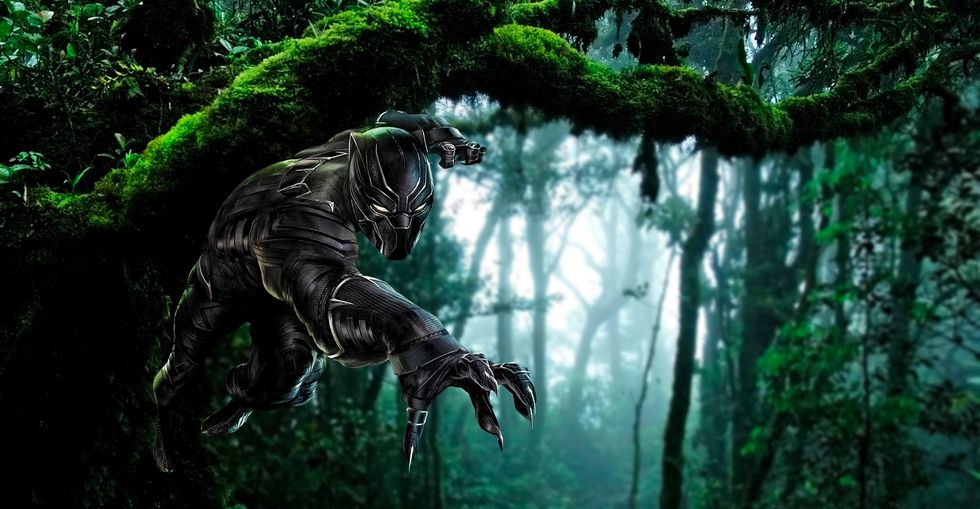
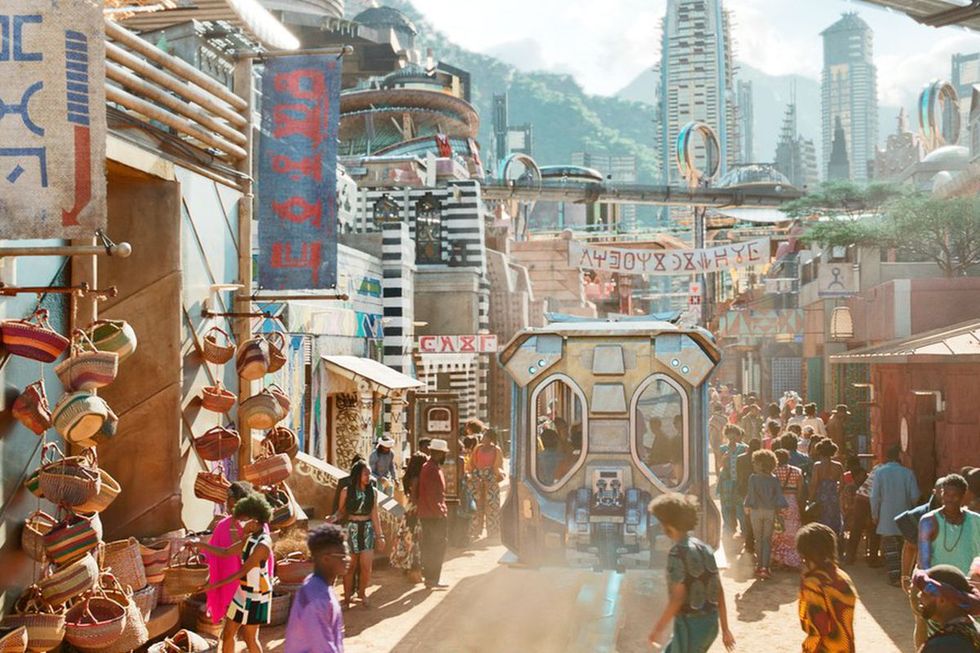
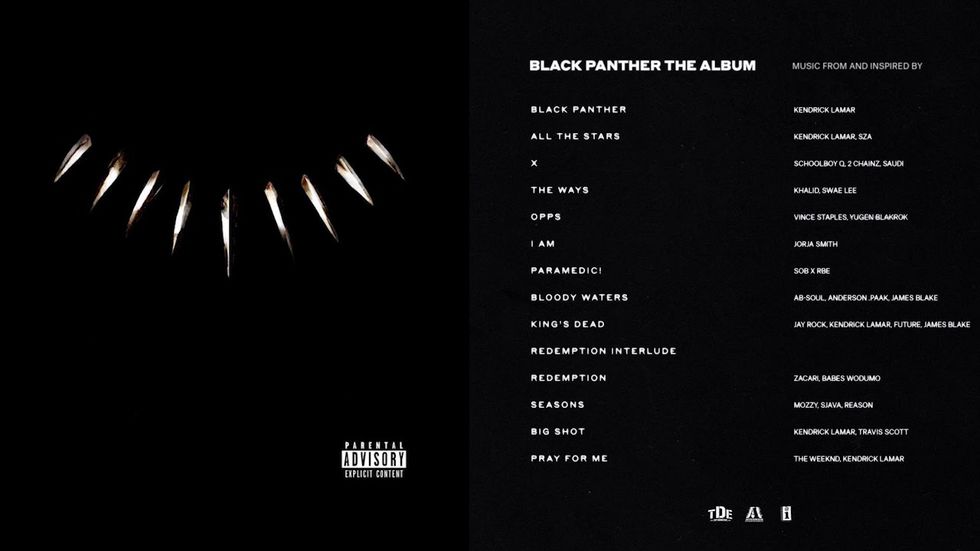
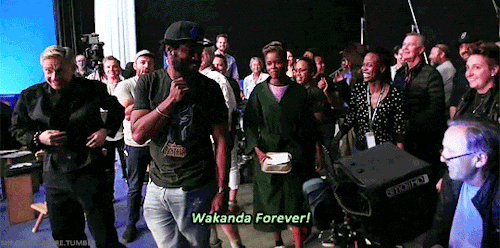
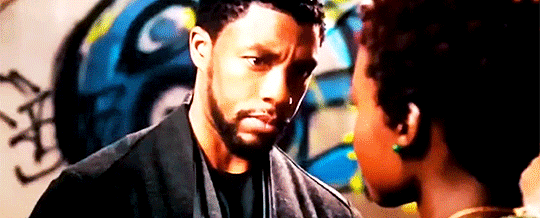
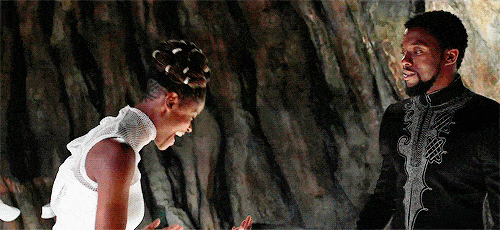
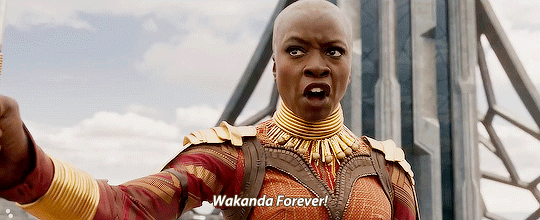
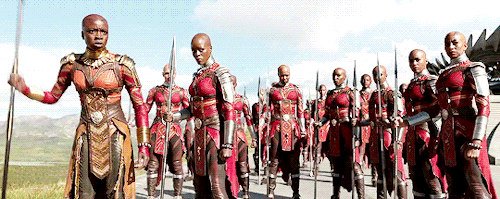
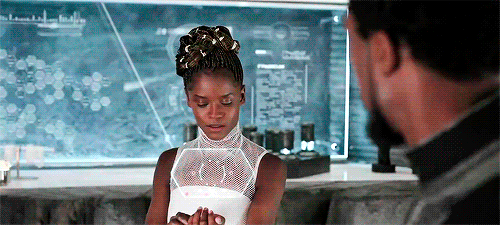
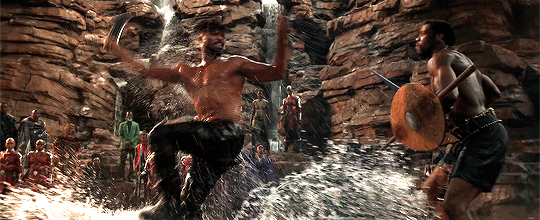
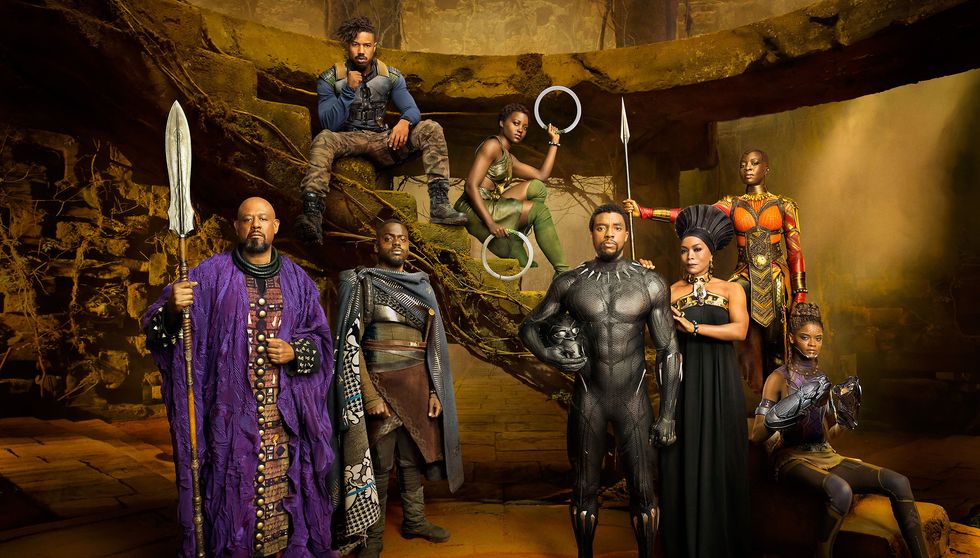
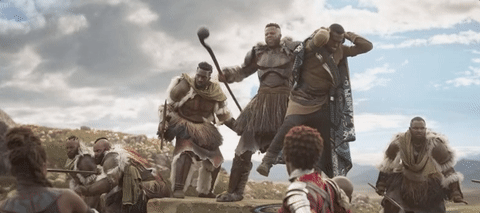


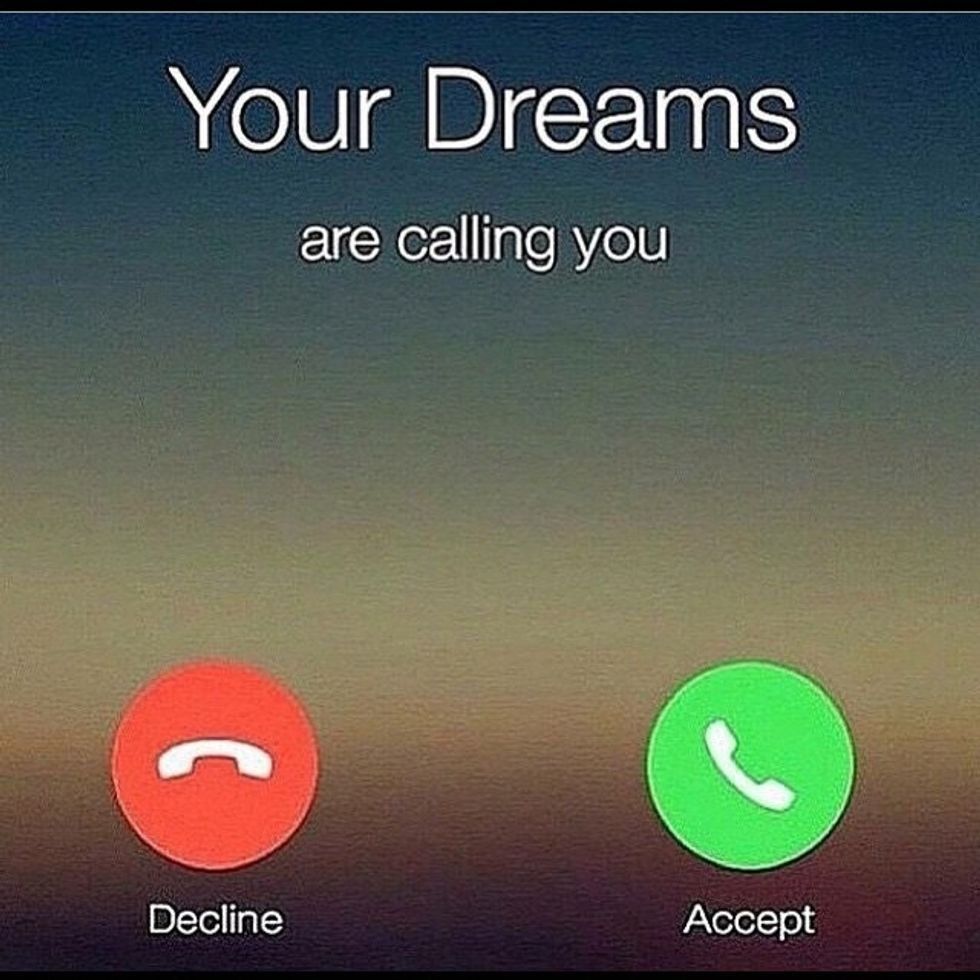
 Photo by
Photo by 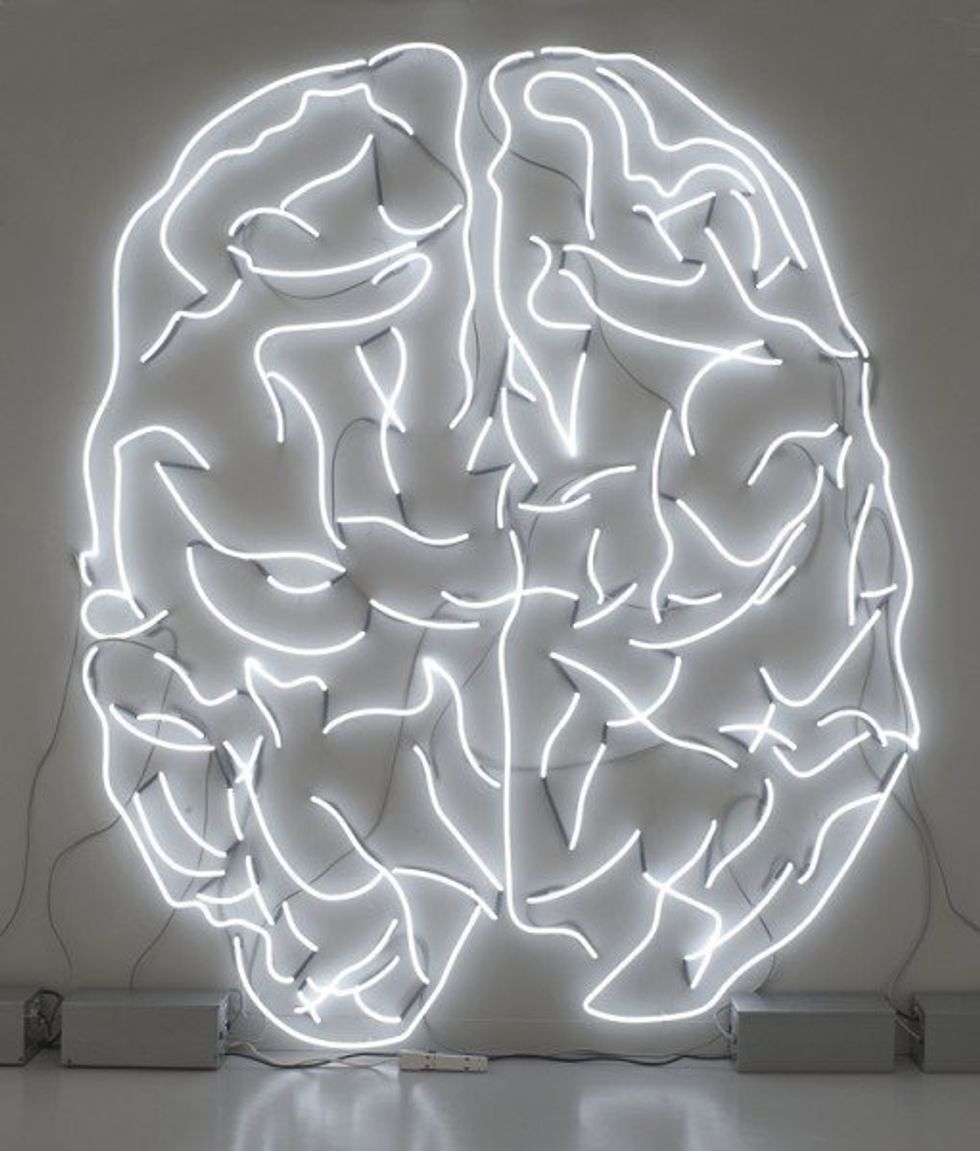

 Photo by
Photo by  Photo by
Photo by  a group of people sitting around a table with laptopsPhoto by
a group of people sitting around a table with laptopsPhoto by  people on beach during daytimePhoto by
people on beach during daytimePhoto by  Photo by
Photo by 






